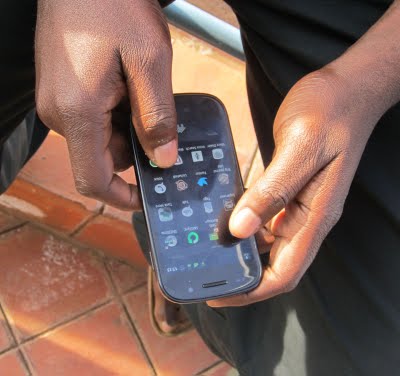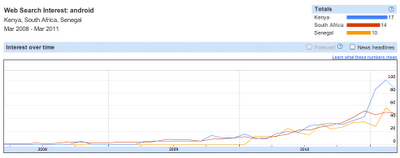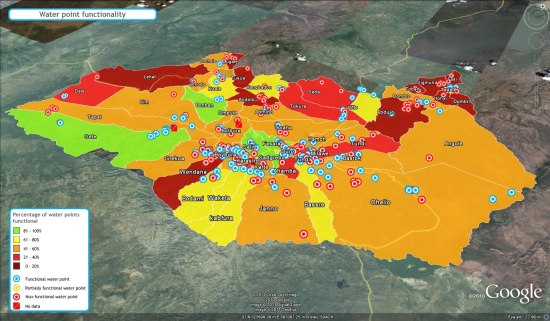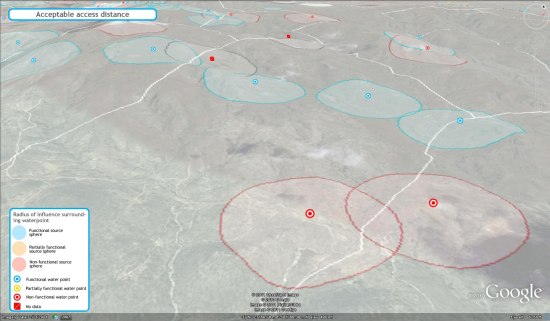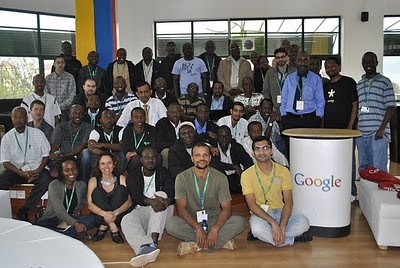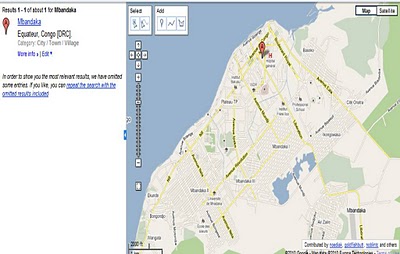In the past year alone, we have met with over 10,000 developers and techies across Sub Saharan Africa. We are continually impressed by the ingenuity and enthusiasm of this community in solving real problems with technology. From applications that crowd-source traffic info to mobile registration of local businesses, handheld devices have taken center stage for consumers and developers in Africa. With a number of countries in the region hovering around 80-90% mobile penetration, mobile is the screen size for the web and the communication experience.
Correspondingly, at every Google event in Africa, Android is the hottest topic; we know why. Every day over 300,000 Android devices are activated globally! A growing number of these mobile devices are powering on for the first time in emerging markets like those in Africa. As Android users multiply, so does the appeal to for developers of building apps on this free open-source platform.
An increasing number of users are searching for ‘Android’ on Google in Sub-Saharan Africa
For all these reasons and more, we are proud to be launching the Android Developer Challenge for Sub-Saharan Africa!
The Android Developer Challenge is designed to encourage the creation of cool and innovative Android mobile apps built by developers in Sub-Saharan Africa. Invent apps that delight users and you stand a chance to win an Android phone and $25,000 USD. To get started, choose from one of three defined eligible categories (see below), build an Android app in a team or by yourself, and submit it via the competition website by July 1st. The winning app will be announced on September 12th at G-Kenya. Get more details as well as Terms and Conditions on our site.
Categories for Entry:
- Entertainment / Media / Games
- Social Networking / Communication
- Productivity / Tools / Lifestyle
(See Terms & Conditions for more details!)
To launch this competition, we have teamed up with Google Technology User Groups (GTUGs) across Africa to host Android Developer Challenge events. Check out our website for Android gatherings near you, and get coding!
